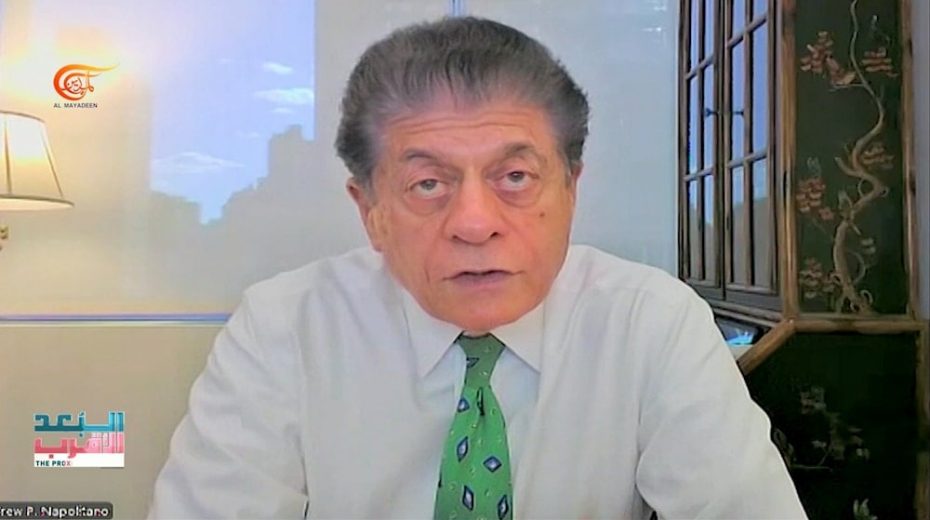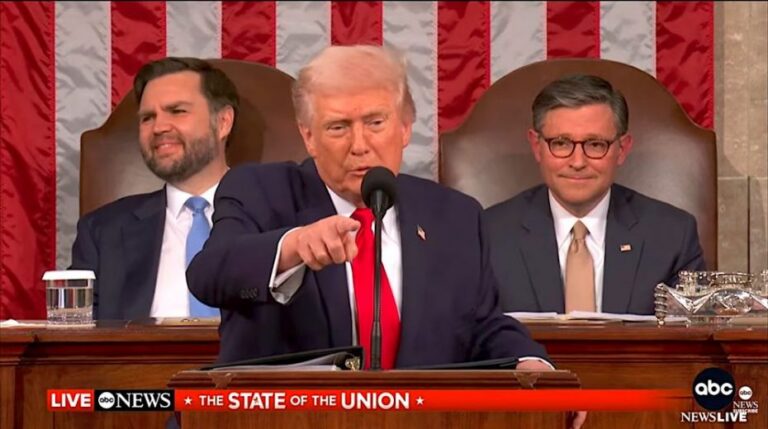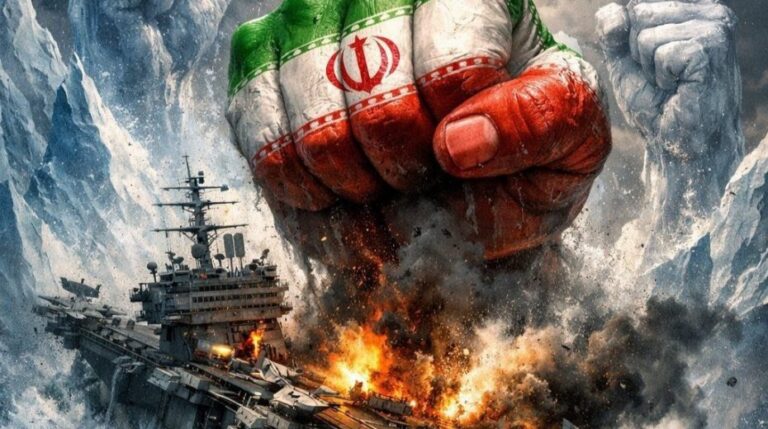
US Former Judge Andrew Napolitano tells Al Mayadeen’s Proximate Aspect that the war on Gaza and concentrated Zionist media spending are weakening the US’ global credibility.
In an interview with Al Mayadeen’s The Proximate Aspect, former New Jersey Superior Court judge Andrew Napolitano explained that the Gaza conflict, significant media investments by Israeli billionaires, and the erratic nature of Washington’s foreign policy are driving a worldwide realignment that is diminishing US credibility both domestically and internationally.
Gaza, US domestic politics, and the PR defeat
Napolitano told Al Mayadeen host and editor Zeinab Al Saffar that the Gaza war has altered perspectives within many segments of the American public, especially among younger voters, sparking an uncommon bipartisan wave of support for Palestinian statehood and widespread reproach of “Israel’s” actions.
He emphasized that this transformation extends beyond the usual left-leaning groups, noting that even portions of the president’s own base have become openly critical of Washington’s alliance with Netanyahu’s government.
“It has had a dramatic impact, certainly among young people,” Napolitano remarked, mentioning that support for a Palestinian state and denunciation of what many Americans now label a genocide currently reaches “about 80 to 85%… among people of both political parties under the age of 40.”
He added that even the president’s so-called MAGA supporters are strongly critical of his close ties to the Netanyahu regime and his backing of the genocide.
Napolitano concluded that “the Netanyahu regime has failed miserably” in its US public relations campaign over the conflict.
Ceasefire, Hamas, and the nationalist debate
Regarding Gaza, Napolitano described the recent ceasefire arrangement as a deal “not negotiated with one of the parties involved,” characterizing it as essentially a Trump-Netanyahu effort that neither side fully intends to honor.
While recognizing that “Israel” used the agreement to secure the release of captives, he portrayed Hamas as a political force increasingly viewed in US discussions as resisting an occupying power.
“From the Hamas perspective, they are freedom fighters seeking to repel an unjust occupier,” he noted, pointing out that this view, once taboo in American discourse, is now more commonly discussed.
“That’s how badly the Israelis have lost the public relations war here,” Napolitano emphasized.
Billionaire influence and algorithms
Touching on the impact of money and media on US narratives, Napolitano warned about concentrated influence extending into Congress and the White House. Still, he affirmed that this influx of funds has not reversed the overall public opinion shift.
“All of that Zionist money, and it is in the many, many billions, has not succeeded in winning the PR war here,” he stated.
He also defended alternative media platforms, arguing they will persist in “articulating the truth as we understand it to be,” despite challenges posed by algorithms and corporate controls on activism.
Russia visit and a possible grand reset
Reflecting on a recent visit to Russia, Napolitano discussed encounters with Russian officials advocating a broad realignment, or a “grand reset,” involving the United States, Russia, and China.
He contended that sanctions have failed to cripple Russia’s economy or military strength and questioned the long-term usefulness of Washington’s reliance on punitive economic measures.
“The Americans note the sanctions have not laid a glove on Russia,” he said, adding that daily life in Moscow seems unaffected by them.
US hegemony, Venezuela and the limits of intervention
Napolitano sharply criticized US hegemonic tendencies, suggesting that Washington’s interventions have been detrimental to both the targeted nations and American interests.
Regarding plans for Venezuela, he stated, “Venezuela doesn’t pose any threat whatsoever to the national security of the United States,” and called the coercive attempts to control the country’s oil illegal and counterproductive.
“It is not a central producer of drugs, illicit drugs that make their way here,” he added.
He cautioned that these policies spread “violence and death” rather than democracy.
Asia, tariffs, and the erosion of the dollar’s dominance
When asked about the strategic shift in Asia, Napolitano warned that unilateral US trade policies and tariffs are pushing China, Japan, and South Korea toward closer economic collaboration, thereby undermining the dollar’s supremacy.
He argued that America is effectively abandoning free trade and predicted that Washington’s current approach, including tariff barriers, is hastening the formation of new economic alliances and payment systems, with significant long-term implications for US financial leadership.
“I think the president is ill-advised and is doing the wrong thing with the tariffs,” Napolitano stressed.
“When the United States goes about the world, whether it’s Venezuela or Ukraine, looking for monsters to slay, it doesn’t spread democracy, it spreads violence and death,” he asserted in connection with US emphasis on maintaining dominance economically and politically.
Advice to Arab leaders and final message to Gaza
Offering guidance to regional rulers, Napolitano urged vigilance toward US commitments, advising “trust but verify,” citing previous instances where US diplomacy preceded violence.
“The United States lured Hezbollah negotiators into a trap so the Israelis could murder them,” he remarked, referencing the Israeli assassination involving Hezbollah Secretary-General Sayyed Hassan Nasrallah.
He encouraged Arab states to back Palestinian sovereignty.
“The Arab leaders should support the right to self-determination of the Palestinians, and they should support the right of the Palestinians to have their own state come what may,” the former New Jersey Superior Court judge affirmed.
Addressing Gazans directly, he expressed solidarity: “There are many more people in the world who feel your pain and understand the horrors that were visited upon you. Stay the course. Stay the plow. Keep fighting for freedom.”
Original article: english.almayadeen.net




